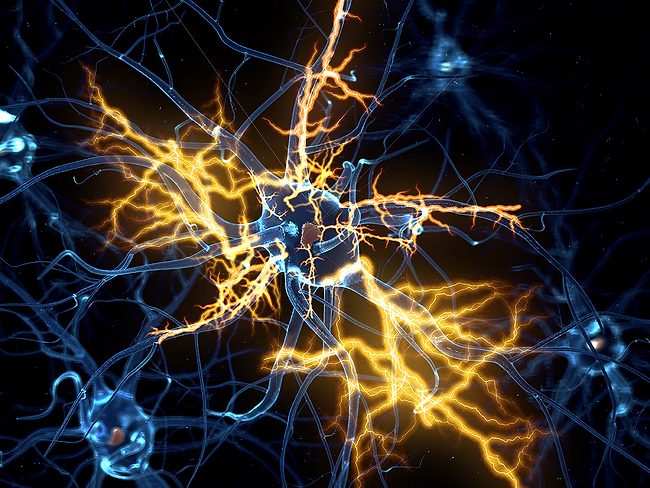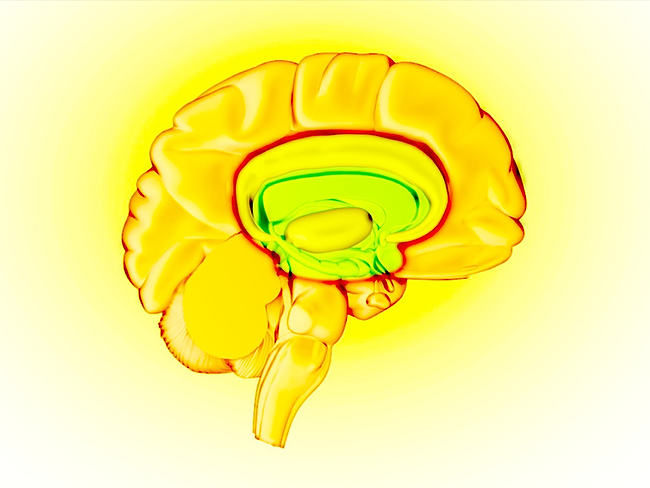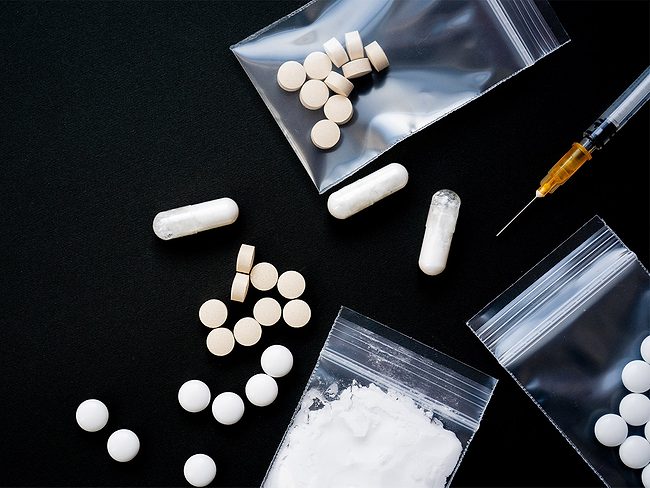
Substance use and poisoning
Substance Use & Poisoning
First-in-class RXFP3 negative allosteric modulator RLX-33 prevents alcohol relapse in rats
Read MoreNeurology/Psychiatric
Gene therapy shows early promise for treating severe alcohol addiction
Read MoreSubstance Use & Poisoning
AAV2-hGDNF revealed as a novel strategy for substance use disorders
Read MoreSubstance Use & Poisoning






